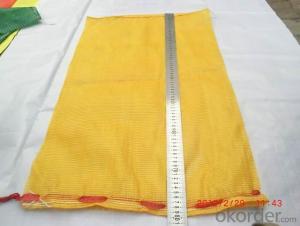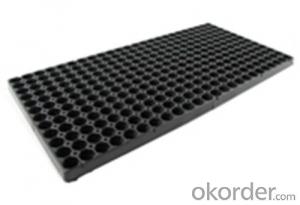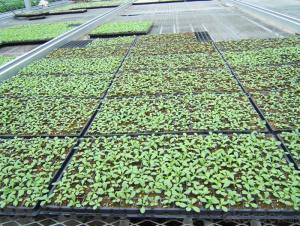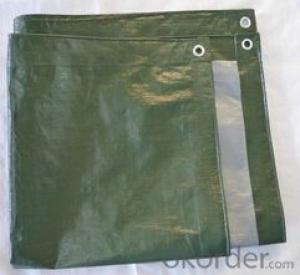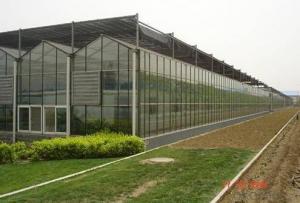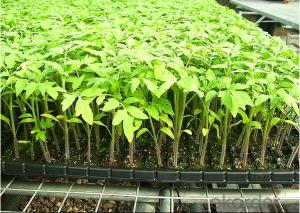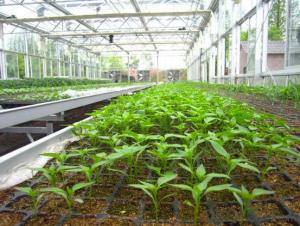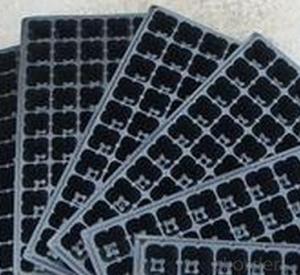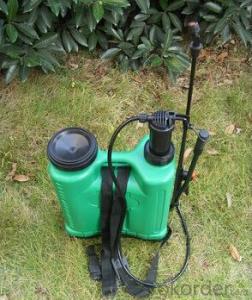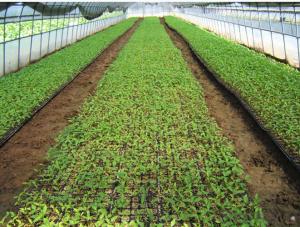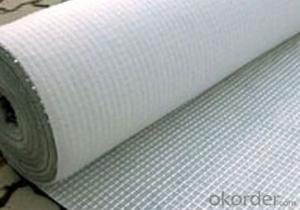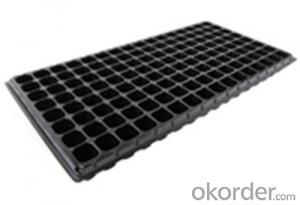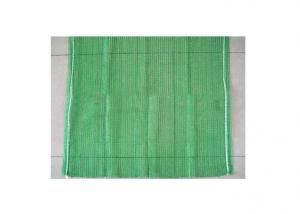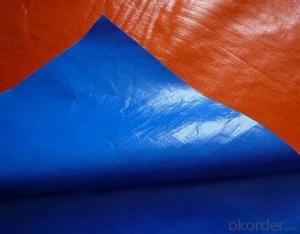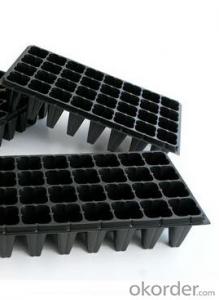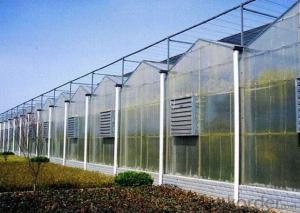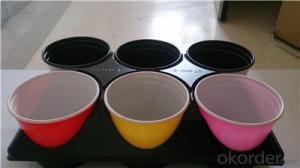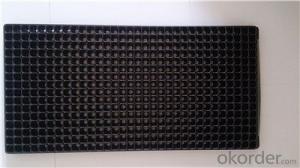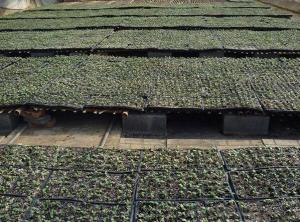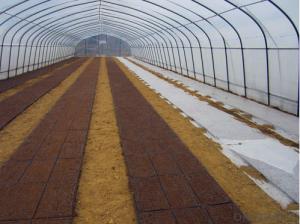All Categories
- - Steel Wire Rod
- - Steel Coils
- - Steel Profiles
- - Steel Pipes
- - Stainless Steel
- - Tinplate
- - Special Steel
- - Steel Sheets
- - Steel Rebars
- - Steel Strips
- - Hot Rolled Steel
- - Cold Rolled Steel
- - Pre-painted Steel
- - Seamless Steel Pipe
- - Welded Steel Pipe
- - Hollow Steel Tubes
- - Galvanized Pipe
- - Stainless Steel Coil
- - Stainless Steel Sheet
- - Stainless Steel Plate
- - Stainless Steel Strips
- - Electrolytic Tinplate Coil
- - Electrolytic Tinplate Sheet
- - Stainless Steel Rebars
- - Solar Panels
- - Solar Water Heater
- - Solar Related Products
- - Solar Inverter
- - Solar Cells
- - Solar Light
- - Solar Energy Systems
- - Solar Controllers
- - Solar Mounting System
- - Solar Pump
- - Solar Chargers
- - Fiberglass Chopped Strand
- - Fiberglass Mesh Cloth
- - Composite Pipes
- - FRP Pultrusion Profiles
- - Fiberglass Mat Tissue
- - Fiberglass Fabrics
- - Fiberglass Mesh
- - Composite Tank
- - Fiberglass Mesh tape
- - Polymer
- - FRP Roofing Panel
- - Fiberglass Roving
- - Monolithic Refractories
- - Ceramic Fiber Products
- - Refractory Bricks
- - Raw Materials For Refractory
- - Suspended Platform
- - Cranes
- - Concrete Machinery
- - Earthmoving Machinery
- - Building Hoist
- - Road Building Machinery
- - Plastic Pipe Fittings
- - Plastic Tubes
- - Plastic Sheets
- - Agricultural Plastic Products
- - Plastic Nets
 All Categories
All Categories
Q & A
What are the different options available for agricultural plastic containers?
There are several different options available for agricultural plastic containers, including plastic bags, trays, crates, bins, and barrels. These containers come in various sizes and shapes, allowing farmers to choose the most suitable option for their specific needs. Additionally, some containers are designed for specific purposes, such as seedling trays or pesticide storage bins, providing farmers with specialized solutions for their agricultural activities.
Are agricultural plastic products safe for use with irrigation systems?
Yes, agricultural plastic products are safe for use with irrigation systems. These products are designed and manufactured to withstand the demands of agricultural irrigation, ensuring reliable and efficient water distribution. Additionally, agricultural plastics are typically made from materials that are resistant to damage from exposure to water, sunlight, and other environmental factors, making them suitable for long-term use in irrigation systems.
What are the benefits of using plastic twine for vine crops?
There are several benefits of using plastic twine for vine crops. Firstly, plastic twine is durable and weather-resistant, making it suitable for supporting the weight of heavy vines and withstanding outdoor conditions. It also provides excellent support and ensures proper growth and development of vine crops, preventing them from sagging or breaking. Moreover, plastic twine is easy to handle and work with, allowing for efficient trellising and reducing labor costs. Additionally, it is cost-effective compared to other materials, such as wire or natural twine. Lastly, plastic twine is rot-resistant and can be reused for multiple growing seasons, making it a sustainable choice for vine crop cultivation.
How do agricultural plastic products contribute to pest control?
Agricultural plastic products contribute to pest control by providing a physical barrier that prevents pests from accessing crops. These products, such as plastic mulch, row covers, and insect nets, create a protective shield that hinders pest movement and reduces their ability to infest plants. Additionally, plastic products can also be used to trap or lure pests, like sticky traps or pheromone traps, which help monitor and control their populations.
What are the advantages of using plastic covers for composting in agriculture?
Plastic covers offer several advantages for composting in agriculture. Firstly, they help in maintaining optimal temperature and moisture levels, creating a controlled environment that promotes faster decomposition and breakdown of organic materials. Secondly, these covers act as a barrier against pests, insects, and rodents, preventing them from accessing the compost and causing damage. Additionally, plastic covers help to reduce odors and contain the composting process, minimizing any potential environmental or nuisance concerns. Lastly, these covers can also prevent nutrient loss from leaching, ensuring that the compost retains its nutritional value for use as a valuable soil amendment in agricultural practices.
Wholesale Agricultural Plastic Products from supplier in Libya
With our strong backing from CNBM, a Fortune Global 500 company, we are able to provide reliable and high-quality Agricultural Plastic Products to meet your specific needs in Libya. Our wide range of products includes greenhouse films, mulch films, shade nets, irrigation systems, and more.
We understand the unique challenges and requirements of the agricultural industry in Libya, and our experienced team can offer tailored solutions to optimize your farming operations. Whether you need assistance in selecting the right products, obtaining competitive pricing, or technical support, we are here to help.
Our commitment to customer satisfaction is paramount, and we strive to exceed your expectations in terms of product quality, pricing, and service. We value long-term partnerships and aim to be your trusted supplier for all your Agricultural Plastic Products requirements in Libya.
Contact us today to discuss your specific needs and let us provide you with the best solutions for your agricultural projects in Libya.
We understand the unique challenges and requirements of the agricultural industry in Libya, and our experienced team can offer tailored solutions to optimize your farming operations. Whether you need assistance in selecting the right products, obtaining competitive pricing, or technical support, we are here to help.
Our commitment to customer satisfaction is paramount, and we strive to exceed your expectations in terms of product quality, pricing, and service. We value long-term partnerships and aim to be your trusted supplier for all your Agricultural Plastic Products requirements in Libya.
Contact us today to discuss your specific needs and let us provide you with the best solutions for your agricultural projects in Libya.
Hot Search
- Plastic Pipe Fittings in Bengal
- Plastic Tubes in Turkey
- Plastic Sheets in Nicaragua
- Agricultural Plastic Products in Belgium
- Plastic Nets in Honduras
- Agricultural Plastic Products in Iceland
- Plastic Sheets in Algeria
- Plastic Pipe Fittings in Oman
- Plastic Nets in Andorra
- Agricultural Plastic Products in Moldova
